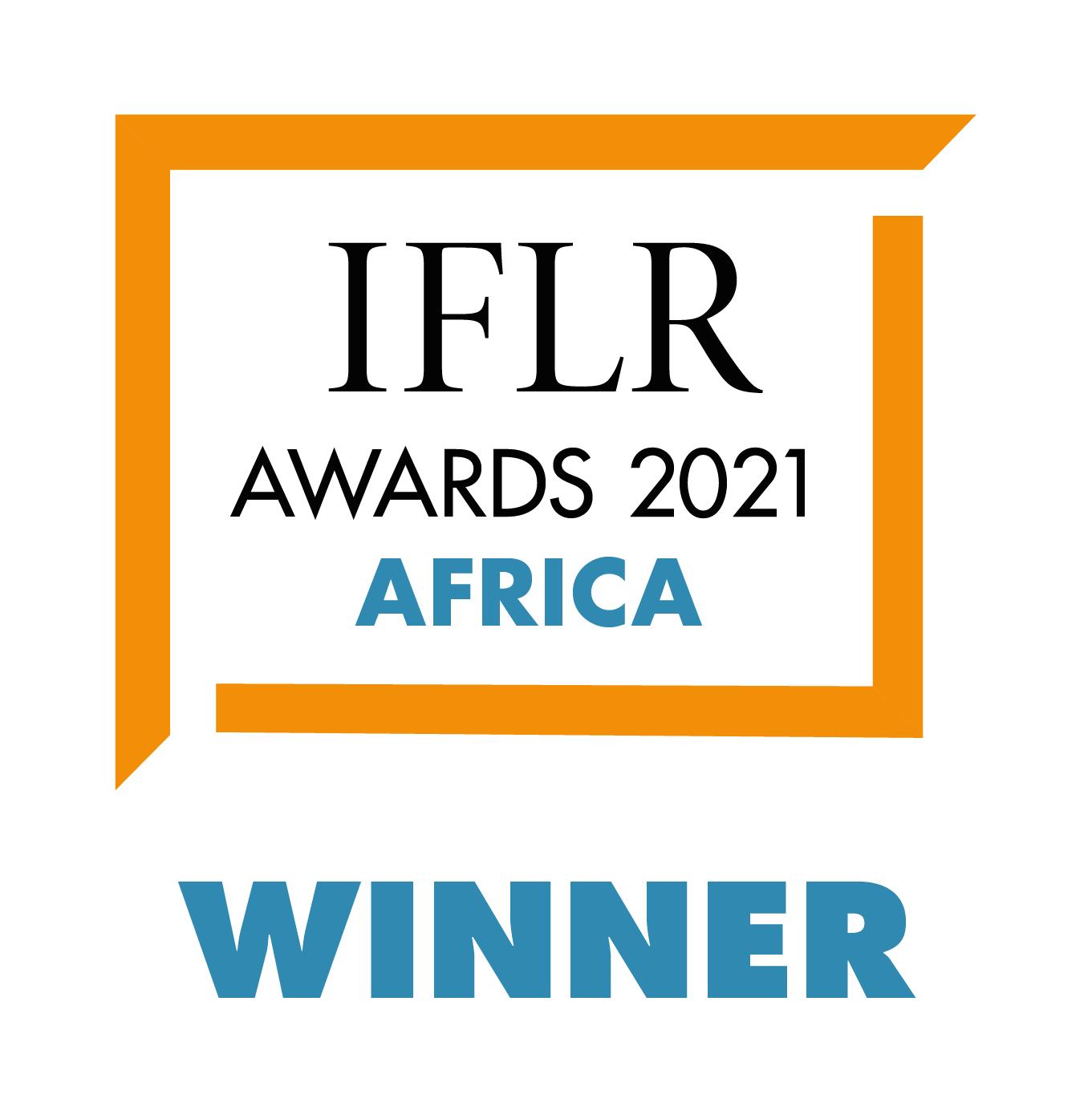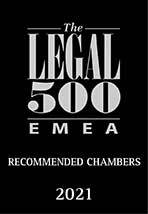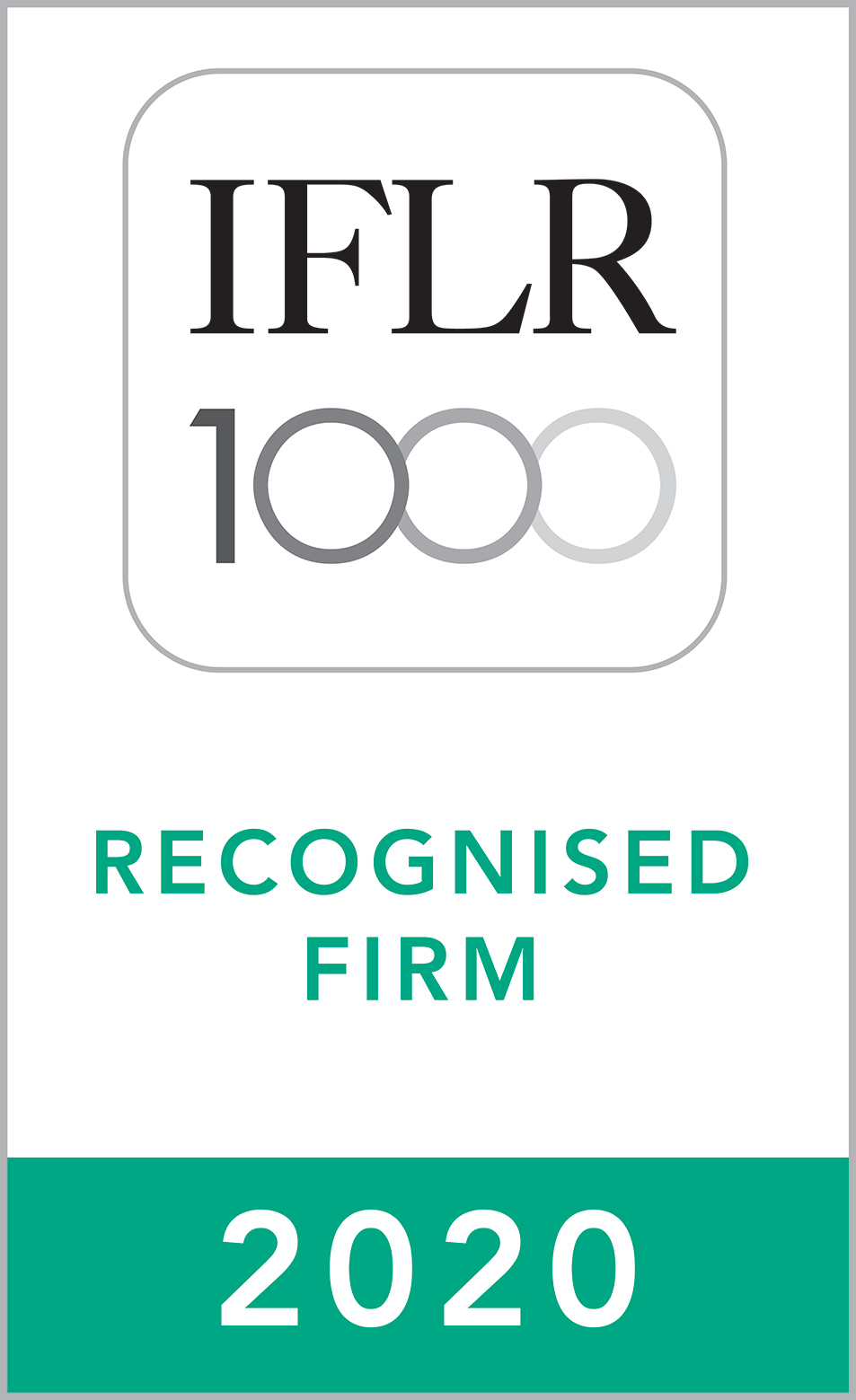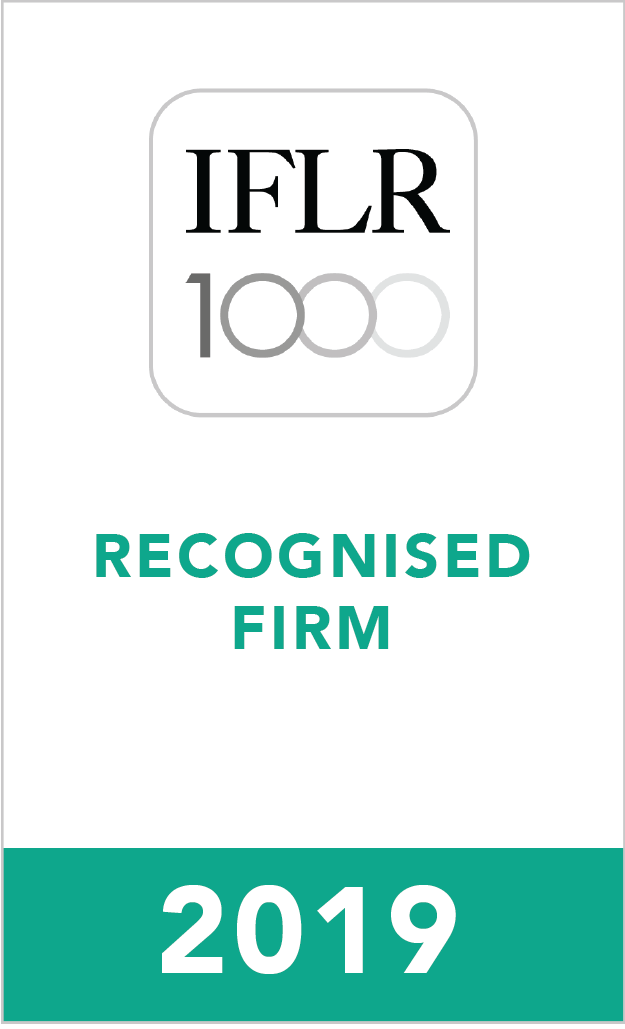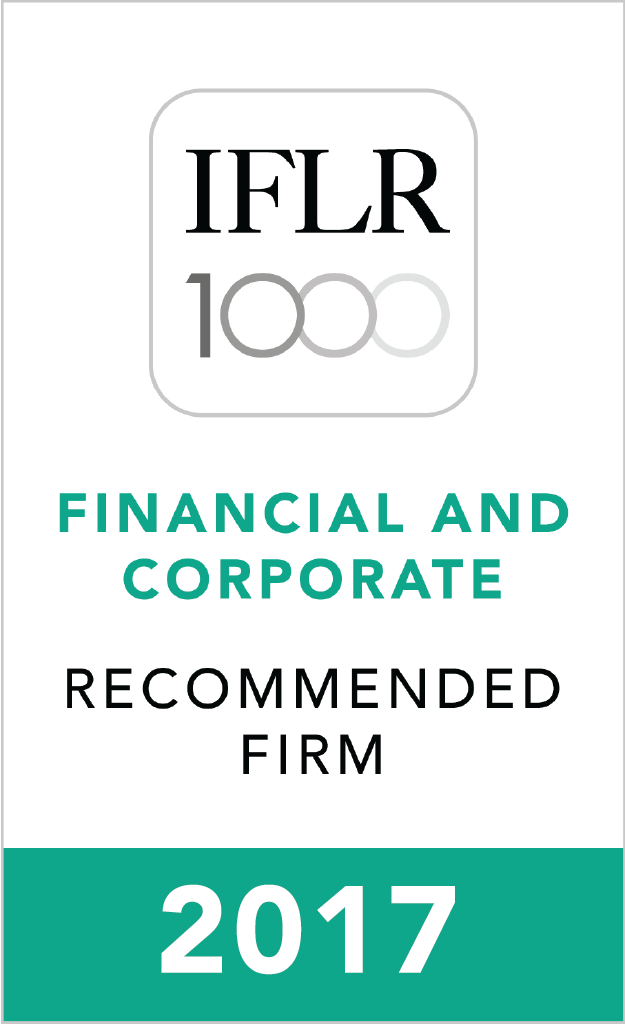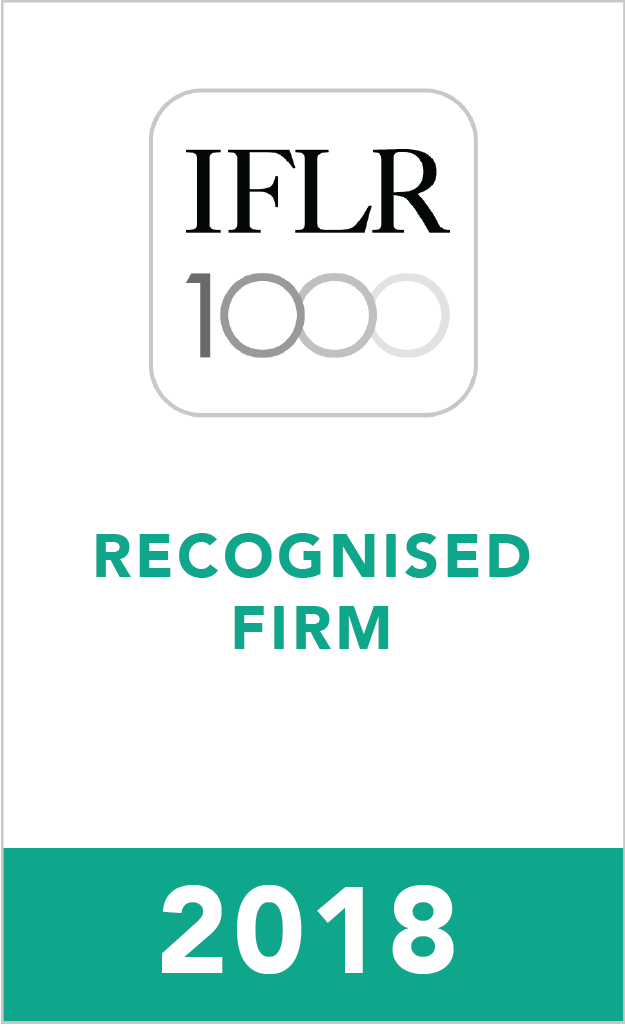The Investments and Securities Act 2025 (“ISA 2025”) was assented to on 31st March 2025 by President Bola Ahmed Tinubu. It repealed the Investment and Securities Act of 2007 (“ISA 2007”).
The new legislation was driven by the need to align Nigeria’s capital market with global standards and reflect the changing investment landscape, including the evolvement of digital assets over the years, and other financial investment technologies. The ISA 2025 aims to expand the regulatory framework for capital markets in Nigeria and ensure fair, efficient, and transparent markets while enhancing financial stability and reducing systemic risks.[1]
The changes introduced are clearly targeted at enhancing investor protection through several mechanisms, including improving the regulatory and supervisory roles of the Securities and Exchange Commission (“SEC” or the “Commission”), introducing stiffer penalties for non-compliance, and bringing virtual and digital assets into the regulatory purview of the SEC.
Highlights of the ISA 2025
- Enhanced Regulatory Powers of the SEC
- The ISA 2025 not only affirms the position of the SEC as the apex regulatory authority for the Nigerian capital market[2], but also declares that in the exercise of its functions, the SEC will be independent.[3] This provision, contained in the enabling laws of key government agencies such as the Central Bank of Nigeria and the Independent National Electoral Commission, essentially ensures that the SEC can now conduct its affairs with minimal intervention from government ministries and ministers.
- The ISA 2025 now also expressly confirms that one of the SEC’s functions is to review and approve takeovers, business combinations, and related transactions of public companies.[4] This is presumably to resolve the confusion that arose after the passing of the Federal Competition and Consumer Protection Act, 2018 (FCCPA), which repealed the provisions of the ISA 2007 relating to mergers and similar transactions.[5] In effect, from the passing of the FCCPA, the SEC lacked legislative backing to regulate mergers, even for public companies. To remedy the situation, the SEC issued circulars to clarify that its no-objection was still required for mergers relating to public companies, but its circulars do not have the force of law. The ISA 2025 has now provided the required legislative basis for it to continue to review and approve mergers for public companies. As the Act was silent on the position of the Federal Competition and Consumer Protection Commission (FCCPC), it appears that public companies will continue to require approval from both the SEC and the FCCPC for their mergers and takeovers.
- Furthermore, the SEC is now involved directly in the appointment and removal of the chief executive officer and principal officers of Capital Market Operators (“CMO”) and securities exchanges, as the appointment and removal of the said officers are now subject to its prior ratification. Indeed, the SEC can now unilaterally suspend and even remove the said officers for non-compliance with any rules and regulations issued by SEC[6].
- The SEC has also now been empowered by the ISA 2025 to intervene in the management and control of CMOs, public companies or regulated entities, where it considers, among others, that the relevant entity has acted in a manner that is detrimental to the interest of investors or shareholders. In such a case, it may appoint Independent Non-Executive Directors to the boards of public companies in which it has intervened or taken regulatory action[7], and place the directors on probation for a reasonable period.
- Whereas, under the ISA 2007, penalties for non-compliance are imposed only upon conviction, the Act now empowers the SEC to impose fines and other penalties in lieu of prosecution and conviction for various non-compliance matters.[8]
Whilst we appreciate the intent behind empowering the SEC in the manner that the ISA 2025 has now done, it is our view that these wide powers must be exercised with circumspection, so that they do not become counterproductive. In our view, empowering the Commission to unilaterally impose fines in lieu of prosecution may very well run foul of the constitutional right to a fair hearing of the fined entities, and may be successfully challenged in court as the courts have consistently frowned upon situations where executive agencies act as both accuser and judge. The exercise by the SEC of its now-wider powers, and the reception that the same will receive in the market, remains to be seen.
- Unbundling of Securities ExchangesUnder the ISA 2007, there were no categories of securities exchanges. The ISA 2025 has now introduced the classification of securities exchanges[9] into composite and non-composite exchanges. A composite securities exchange may engage in the listing, quotation, and trading of various types of securities, commodities, or financial instruments, while a non-composite securities exchange may either (a) specialise in the listing of only one type of securities or commodities (known as mono securities exchanges) or (b) serve as an alternative trading system that brings together orders from buyers and sellers either physically or online. This distinction was likely introduced, to accommodate online exchanges for digital and virtual assets, who may require registration only for those assets, and not for traditional securities such as bonds etc. The definition of “securities exchange” has now been expanded by the ISA 2025, to be “… an organised facility which maintains and provides an infrastructure (a) for bringing together buyers and sellers of securities, virtual assets… (b) for matching bids and offers for securities, virtual assets…., and (c) whereby a matched bid and offer for securities, virtual assets… constitutes a transaction.”By this definition, platforms established, even if only for facilitating crypto and other digital and virtual asset transactions, including peer-to-peer transactions, are now classified as exchanges, and are now required to be registered with the Commission.[10]
- Expansion of Recognised SecuritiesPerhaps the most significant change introduced by the ISA 2025 is the expansion of what is considered as “securities”. Previously, securities simply related to bonds, stock, debentures, shares, and similar traditional products. Now, “securities” is defined to include virtual and digital assets, and investment contracts,[11] and where applicable, trading in the said assets, including cryptocurrency, Non-Fungible Tokens (NFTs), and digital currencies, will now be subject to the SEC’s regulatory purview.The SEC has always been forward thinking and had prior to now issued five (5) rules in respect of virtual and digital assets.[12] In spite of the rules however, there remained some uncertainty around the legality of trading in digital and virtual assets in Nigeria, particularly considering the stance of other key regulators like the CBN, which direct financial institutions to freeze bank accounts used in any transaction related to specified virtual assets. This legislation has now put paid to the debate, clarifying the ambiguity around the acceptance of cryptocurrency in Nigeria, confirming that it is acceptable, but may only be traded under the purview of the SEC.
- Legal Entity Identifier and Dematerialisation of Securities in the Secondary MarketThe ISA 2025 mandates that all securities transactions in the secondary market must be in dematerialised form.[13] This means that cash transactions and non-dematerialised securities are prohibited in the secondary market. While this has been in practice in the capital market, its entrenchment in the ISA 2025 reinforces the form of securities to be traded in the secondary market for efficiency and accuracy of financial data and risk management.All entities involved directly or indirectly in securities transactions are now required to obtain a legal entity identifier,[14] which is a code that will uniquely identify every distinct entity that is a part to a financial transaction, and which must be disclosed in every securities transaction, for accuracy of financial data and risk management.
- Stricter Penalties and Prohibited SchemesThe ISA 2025 imposes stiffer penalties for non-compliance.The ISA 2025 specifically empowers the Commission to enter and seal up all prohibited schemes, and to obtain an order from the Investment and Securities Tribunal (Tribunal) or the Federal High Court to forfeit all the assets of the scheme to the Federal Government. Prohibited schemes are now clearly defined to include ponzi and pyramid schemes,[15] and their promoters are liable upon conviction to a fine of not less than N20,000,000 (Twenty Million Naira) or imprisonment for up to 10 years, or both.
- Tax-Exempt Status for Collective Investment SchemesThe ISA 2025[16] now specifically provides that for the purposes of taxation, collective investment schemes (Schemes) are to be treated as pass-through vehicles, except where they qualify as specialised or alternative schemes. While the ISA 2025 does not define these specialised or alternative schemes in detail, Section 151(1) authorises the Commission to register the following as Schemes:
- unit trust schemes;
- open-ended or closed ended investment companies;
- real estate investment companies or trusts;
- specialised or alternative investment schemes; or
- such other schemes as may be approved by the Commission.
On this basis, it appears that by the operation of the ISA 2025, unit trust schemes, open-ended or closed ended investment companies, and real estate investment companies or trusts are not subject to income tax at the fund level, even though their members (with the exception of unit trust members[17]) may be taxed on distributions. This aligns with the prevailing practice, as income received by Schemes is usually distributed to unit holders and not retained as profits.
However, this new pass-through treatment under the ISA 2025 appears to conflict with Section 23 (1) (s) of the Companies Income Tax Act, Cap C21, Laws of the Federation of Nigeria, 2004, as amended by the Finance Act, 2021 (CITA) which provides that the dividend and rental income received by real estate investment companies on behalf of its shareholders are only exempt from income tax if: (a) at least 75% of the dividend or rental income is distributed; and (b) such distribution is made within twelve (12) months of the end of the financial year in which the dividend or rental income was earned.
In contrast, the ISA 2025 appears to confer full pass-through status on REICOs and REITs, without conditioning tax exemption on any distribution threshold or timeline. This raises the question whether the ISA 2025 has impliedly amended Section 23(1)(s) of CITA. It will be interesting to see how this inconsistency plays out in practice.
- Inclusion of a Regulatory Framework for Financial Market InfrastructureThe ISA 2025 has established a framework for the regulation of Financial Market Infrastructure[18] which includes entities set up to carry out centralised multilateral clearing, settlement, caching or recording activities; or provide a platform for trading securities. It also includes systematically important market participants, trade repositories, securities exchanges, central counterparties, central clearing houses, central depositories and securities allotment.[19] The provisions of the ISA 2025 on these entities are however in broad, general terms, allowing them to maintain their SRO (self-regulatory organisation) status by continuing to issue rules, subject to the approval of the SEC.
- Exemption of Market Contracts from Insolvency LawsMarket contracts[20] are explicitly exempted from insolvency laws, ensuring that actions taken under the rules of a securities exchange or financial market infrastructure will not be disrupted by insolvency proceedings. As such, a collateral, debt, or liability that is settled or cleared (as the case may be) through a relevant financial market infrastructure, will not be taken into account for the purpose of a winding up proceeding or other debt recovery proceedings against the relevant market participant, until the Financial Market Infrastructure has commenced and concluded its internal default proceedings.[21]
- Management of Systemic RiskThe ISA 2025 provides an extensive framework for the management and mitigation of systemic risk in the capital market. The SEC has the power to issue directives or suspend trading on a recognised exchange to manage risks. It can also issue directives to capital market participants to provide information regarding any contract, agreement or arrangement. The ISA 2025 has prioritised the management of system risk for the purpose of monitoring, mitigating, or managing systemic risk in the capital market or in the public interest[22]. Failure of market participants to comply with the directives of SEC will attract penalties.
- Regulation of Commodity Exchanges and Warehouse ReceiptsThe ISA 2025 now expressly establishes a robust framework for operations in commodities trading and mandates operators such as commodity brokers, commodity exchanges, warehouses used for storing commodities connected to an exchange or which issues warehouse receipts tradable on an exchange, and trading advisers to register with the SEC, failing which they will be penalised.[23] The Act also prescribes copious obligations for the relevant market participants, and imposes stiff penalties in the event of a breach or non-compliance. It is expected that the framework created by ISA 2025 for commodities exchanges and warehouse receipts will boost market participation in commodities trading in Nigeria.
- Composition of the Investment and Securities TribunalThe Investment and Securities Tribunal is now expanded to consist of 12 members, appointed by the President on the recommendation of the Minister of Finance. The membership of the Tribunal shall comprise of:
- a Chairman, who shall be a legal practitioner with at least 15 years post call experience in capital markets matters;
- five (5) full time members comprising four (4) legal practitioners with at least ten (10) years post call experience in capital markets matters and one (1) person not being a legal practitioner, with ten (10) years’ experience in capital market matters; and
- six (6) part time members, two of whom shall be legal practitioners with at least ten (10) years post call experience in capital market matters and four others who are knowledgeable in capital markets matters.
The Tribunal shall have and exercise jurisdiction throughout the Federation and divide the Federation into such number of divisions as may be deemed appropriate. [24]
Conclusion
The ISA 2025 demonstrates Nigeria’s acceptance of growth in the financial market focused on investors protection through a robust framework set up to accommodate emerging investment vehicles and global market practices. With innovations such as the regulation of digital assets and commodity exchanges, and the expansion of the supervisory powers for the SEC, the ISA 2025 aims to strengthen the integrity, transparency, and efficiency of Nigeria’s financial markets. Most importantly, the new framework for local and foreign investments will enhance market stability in an increasingly complex global financial landscape. However, the test lies in the implementation of its provisions, stakeholder engagements, and the SEC’s strategy for optimising its regulatory powers.
[2] Section 3(1), ISA 2025
[3] Section 1(3)
[4] Section 3(3)(p)
[5] See Section 165, FCCPA 2018
[6] Sections 29(2); 62(2), ISA 2025
[7] Section 3 (4)b, ISA 2025
[8] See Section 26(3), 61(5), among others
[9] Securities Exchange are entities that provide infrastructure for buying and selling securities.
[10] Section 28 (1) ISA 2025
[11] Sections 357 ISA 2025
[12] Captured under the umbrella name – New Rules on Issuance, Offering Platforms, and Custody of Digital Assets, issued on 11th May, 2022.
[13] Section 122 ISA 2025
[14] Section 123 ISA 2025
[15] Section 196 ISA 2025
[16] Section 195
[17] Dividends distributed by Unit Trusts are tax exempt by the provision of Section 23 (1) (f) of the CITA
[18] Sections 41-44 ISA 2025
[19] Section 357 ISA 2025
[20] Contracts amongst specified parties, entered in relation to transactions subject to the rules of relevant FMIs, or otherwise for clearing, settlement etc by relevant FMIs. See Section 357 .
[21] Section 45 ISA 2025
[22] Section 82 -83 ISA 2025
[23] Sections 224 – 267 ISA 2025
[24] Section 318 ISA 2025






